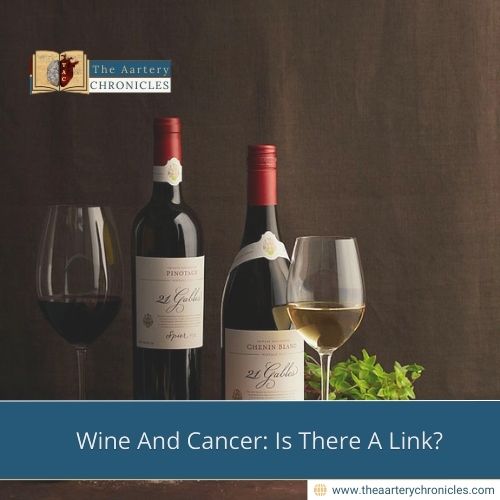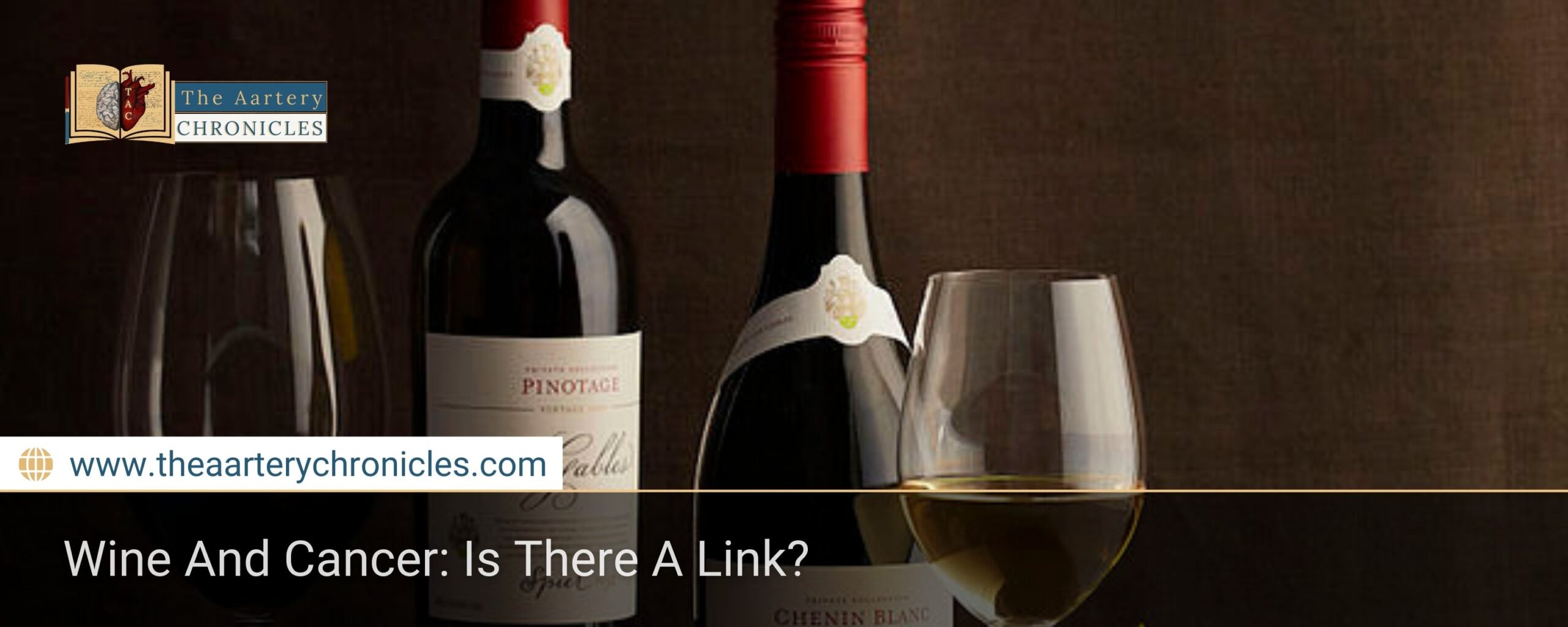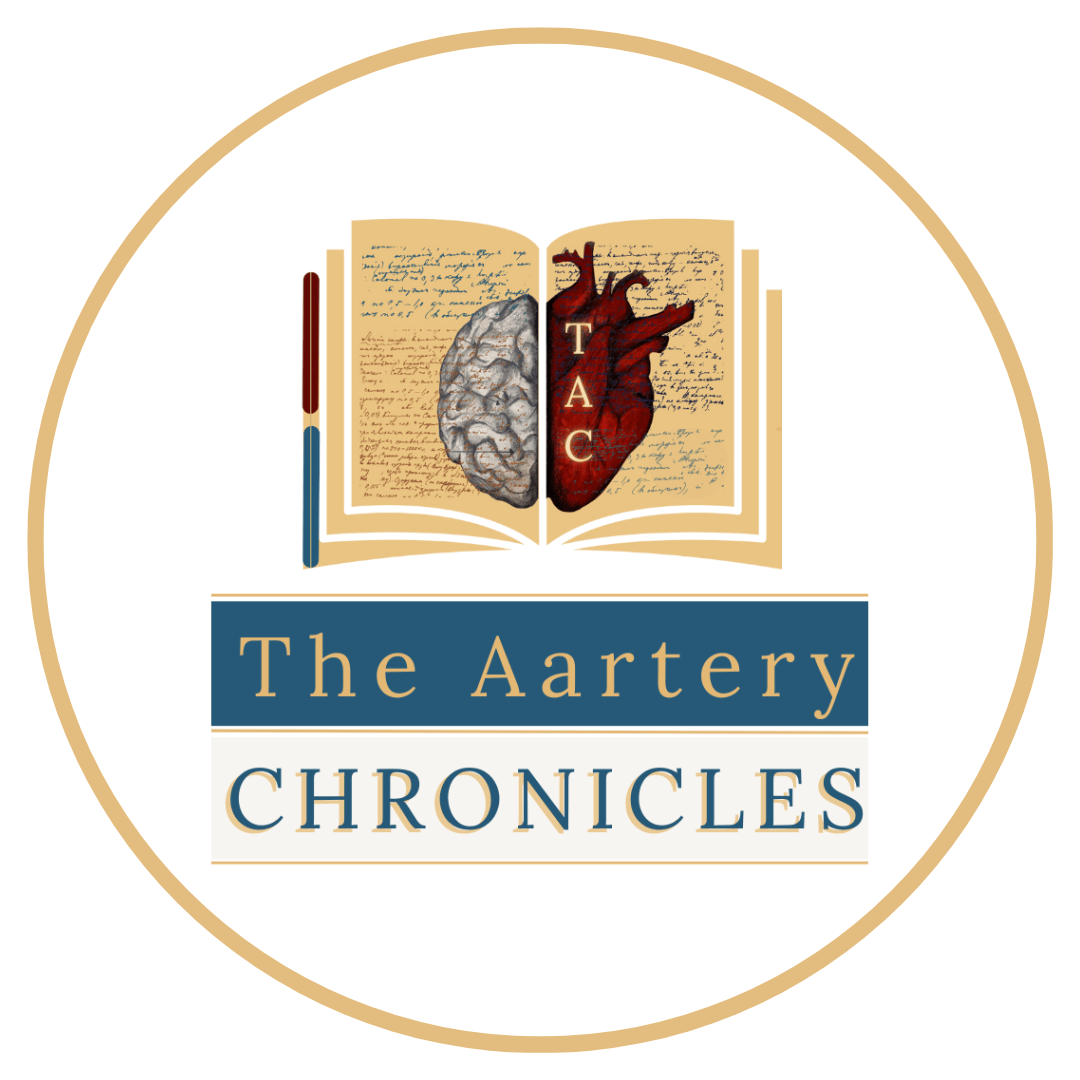

Wine And Cancer: Is There A Link?
Introduction
Wine and Cancer Is There a Link? Wine consumption and its possible link to cancer have been the subject of numerous studies and debates over the years. While moderate wine consumption is often associated with certain health benefits, such as a reduced risk of cardiovascular disease, the potential risks of developing cancer cannot be ignored. This article explores in detail the relationship between wine consumption and the risk of developing various forms of cancer.
Effects Of Wine On Cancer Risk
Alcohol And Cancer Risk
Alcohol is classified by the International Agency for Research on Cancer (IARC) as a known human carcinogen. Cancer risks associated with alcohol consumption, including wine, mainly concern:
- Oral and pharyngeal cancer
- Esophageal cancer
- Liver cancer
- Breast Cancer
Dose-Response
The risk of developing these types of cancer tends to increase with the amount of alcohol consumed. Even moderate levels of consumption can increase the risk of certain types of cancer, such as breast cancer in women.
Components Of Wine And Possible Benefits
Resveratrol And Antioxidants
Despite the risks associated with alcohol, wine also contains antioxidants such as resveratrol, which has been shown to have anti-inflammatory and antiproliferative properties in laboratory studies. However, the concentration of resveratrol in wine is generally low, and it is unclear whether its intake through wine can offer significant benefits in cancer prevention.
Guidelines And Recommendations
Moderate Consumption
Guidelines from many health organizations suggest that if you choose to drink, alcohol consumption should be limited to no more than one drink per day for women and two for men. It is important to remember that minimizing alcohol consumption is an effective way to lower your cancer risk.
Conclusion
Although wine may contain health benefits, the link between alcohol and cancer is well documented and should not be underestimated. It is important to consider the risks associated with alcohol consumption and discuss your drinking habits and personal cancer risk with a doctor.
This article was written with the aim of providing a balanced and evidence-based view of the link between wine and cancer, contributing to greater awareness of the potential health risks.









